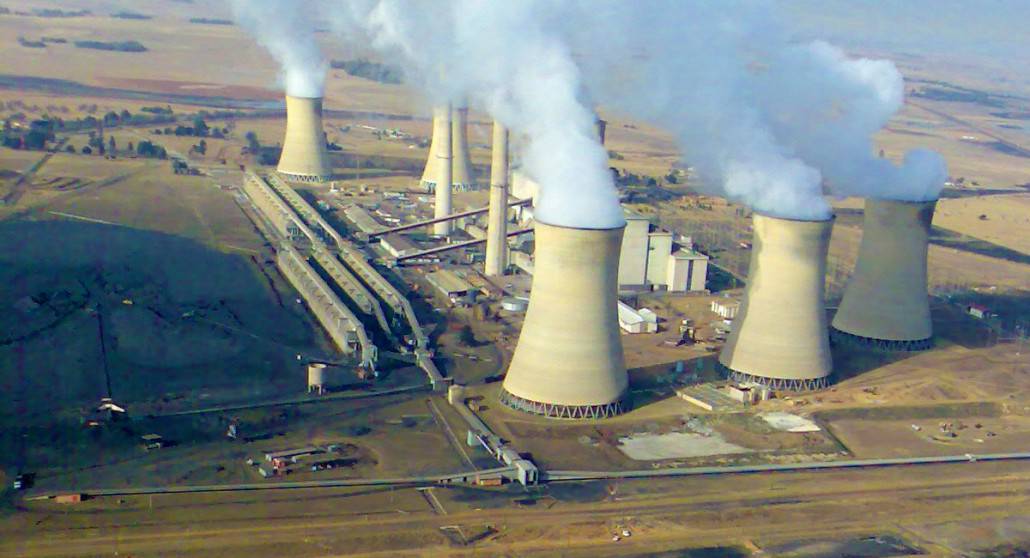By Kwazi Dlamini
The parliamentary Standing Committee on Public Accounts (Scopa) has made its presence felt in overseeing the operations of state-owned entities (SOEs) by embarking on a visit to two power stations operated by the embattled electricity supplier Eskom at the end of August.
Scopa members visited both Kusile and Medupi power stations amid the ongoing problems of nationwide load shedding, billions of rands of irregular expenditure, and alleged corruption. The power stations have been hit by cost overruns, poor engineering designs, alleged corruption and labour disruptions.
According to the Scopa report on the visits, tabled at the beginning of last month, the projects were initially budgeted at R79-billion for Medupi and R81-billion for Kusile but because of the above-mentioned issues, both projects were delayed and the costs soared to more than R300-billion combined. Medupi reached R145-billion while Kusile hit R161-billion.
The committee members met with Eskom’s board and management to discuss the issues facing the entity and the two power stations, and committed themselves to monitoring Eskom to try to turn things around.
Eskom had also been instructed by Parliament to submit its financial statements to be scrutinised by the committee after the state entity incurred a debt of R380-billion in 2017/18, a loss of R2.3-billion, and R19.6-billion in irregular expenditure.
On the visit to the two power stations, the committee noted a number of problems. Coal supply, quality and management was a big issue in both power stations. They also found that both Medupi and Kusile were far behind schedule and are grappling with labour problems.
Medupi
At Medupi, located in Lephalale, the committee found that three different contractors were responsible for the ash handling equipment and two of those contractors were under business rescue. One of the ash-handling contractors, CBZ, was supplying the same services to Kusile power station.
The group also found that the heat at the exit of the boilers was too high, and that caused the ash handling bags to fail prematurely; furthermore, the boilers were 13m too short. The committee found that Kriel power station had experienced the same problem in the 1970s but this was successfully addressed, so Eskom had no excuse for making the same mistake at the two new power stations.
The committee found that project costs were inflated just for the sake of spending more, but it will hold Eskom accountable for any further projects. Eskom must declare the project costs and expected time of completion and the committee will hold them to that.
Kusile
The committee visited Kusile in Witbank and found that the power station was bringing in coal from distant coal mines while Seriti Resources Mine is across the road. Kusile was built at the specific location because of the coal fields and the fact that the power station itself is built on top of a coal mine. The committee agreed that using a conveyor belt to transport the coal from Seriti Resources Mine was cost effective and secure; it also ensured better quality of coal. Another reason Kusile was built at the location was the agreement Eskom had with Seriti to provide the coal – a contract that was cancelled.
Security issues are also a big problem at Kusile. The power station is alleged to receive 400 truckloadss of coal each day and this causes congestion, a kilometre-long queue of trucks waiting to drop their load. Tyres are stolen from the waiting trucks.
At the meeting with Eskom top management, the committee said it would have been better if the contract between Eskom and Seriti had gone through instead of trucking in the coal from other mines far away. However, the committee was told at that meeting that Eskom and Seriti were negotiating a similar contract that might be concluded by January 2020.
Recommendations
The committee recommended that projects needed to be managed properly by skilled and qualified people as sometimes that was not the case with Eskom. They also recommended the vetting of all supply chain practitioners employed by the SOE, with immediate effect.
They agreed that more effort must be put into recovering losses from those who had been responsible for the wrongdoing.
Shortly after this, Eskom issued court papers and filed an affidavit against Deloitte Consulting. The SOE is seeking the setting aside of awarding of contracts and the recovery of more than R207-million Eskom paid to Deloitte for auditing services that, it claims, Deloitte secured under irregular circumstances.
“We have promised South Africans that we will be pursuing all ill-gotten funds that were extracted from Eskom during the days of state capture,” Eskom acting CEO Jabu Mabuza told News24.
As part of its intervention to change the situation in state owned entities, Scopa summoned South African Airways (SAA) to brief them on SAA’s failure to table financial statements for the past two financial years. The debt-ridden national carrier has incurred cumulative losses amounting to over R28-billion in the past 13 years and they have recently announced plans to retrench more than 900 employees.

